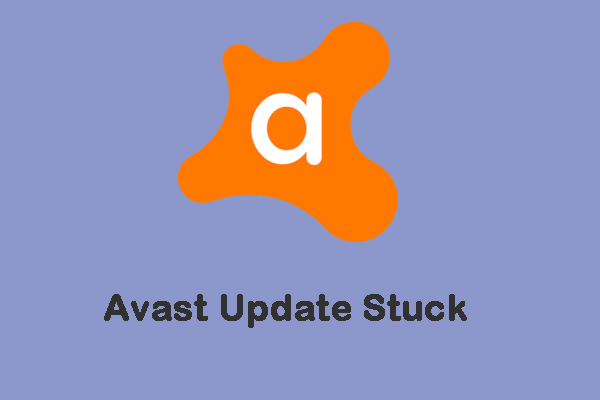

Surgery within the past 4 weeks (28 days)
#Avast definition skin
Slow healing of a skin wound or surgical incision Ovarian cancer with symptoms such as severe stomach pain or pelvic pain You may not be able to use Avastin if you are being treating with other cancer medicines such as doxorubicin, daunorubicin, or if you have or ever had: Tell your medical caregiver right away if you feel dizzy, nauseated, light-headed, sweaty, itchy, or have a fast heartbeat, chills, wheezing, or chest pain during the injection. Some people receiving an Avastin injection have had a reaction to the infusion (when the medicine is injected into the vein).

Call your doctor at once if you have any of these side effects. These rare symptoms may occur within hours of your first dose of Avastin, or they may not appear for up to a year after your treatment started. Symptoms include headache, confusion, vision problems, feeling very weak or tired, fainting, and seizure (blackout or convulsions). Do not use Avastin within 28 days before or after a planned surgery.īevacizumab can cause a rare but serious neurologic disorder affecting the brain. You may also have bleeding on the inside of your body.Ĭall your doctor if you have: signs of bleeding in your digestive tract-feeling very weak or dizzy, severe stomach pain, bloody or tarry stools, coughing up blood or vomit that looks like coffee grounds or signs of bleeding in the brain-sudden numbness or weakness, slurred speech, severe headache, problems with vision or balance.Īvastin can also cause problems with wound healing, which could result in bleeding or infection. Seek emergency medical attention if you have any bleeding that will not stop. WarningsĪvastin can make it easier for you to bleed. This may slow the growth and spread of tumors. Bevacizumab works by stopping the formation of blood vessels that bring oxygen and nutrients to tumors. Last updated on Jul 11, 2023.Īvastin injection is used in combination with other chemotherapy medications to treat certain types of colon and rectal cancer (cancer that begins in the large intestine), non-small cell lung cancer (NSCLC), glioblastoma (a certain type of cancerous brain tumor), renal cell cancer (RCC, a type of cancer that begins in the kidney), cervical cancer (cancer that begins in the opening of the uterus ), and ovarian (female reproductive organs where eggs are formed), fallopian tube (tube that transports eggs released by the ovaries to the uterus), or peritoneal (layer of tissue that lines the abdomen) cancer.Īvastin is also used in combination with atezolizumab (Tecentriq) to treat hepatocellular carcinoma (HCC) that has spread or cannot be removed by surgery in people who have not previously received chemotherapy.Īvastin belongs to a class of medications called antiangiogenic agents. Medically reviewed by Philip Thornton, DipPharm.


 0 kommentar(er)
0 kommentar(er)
